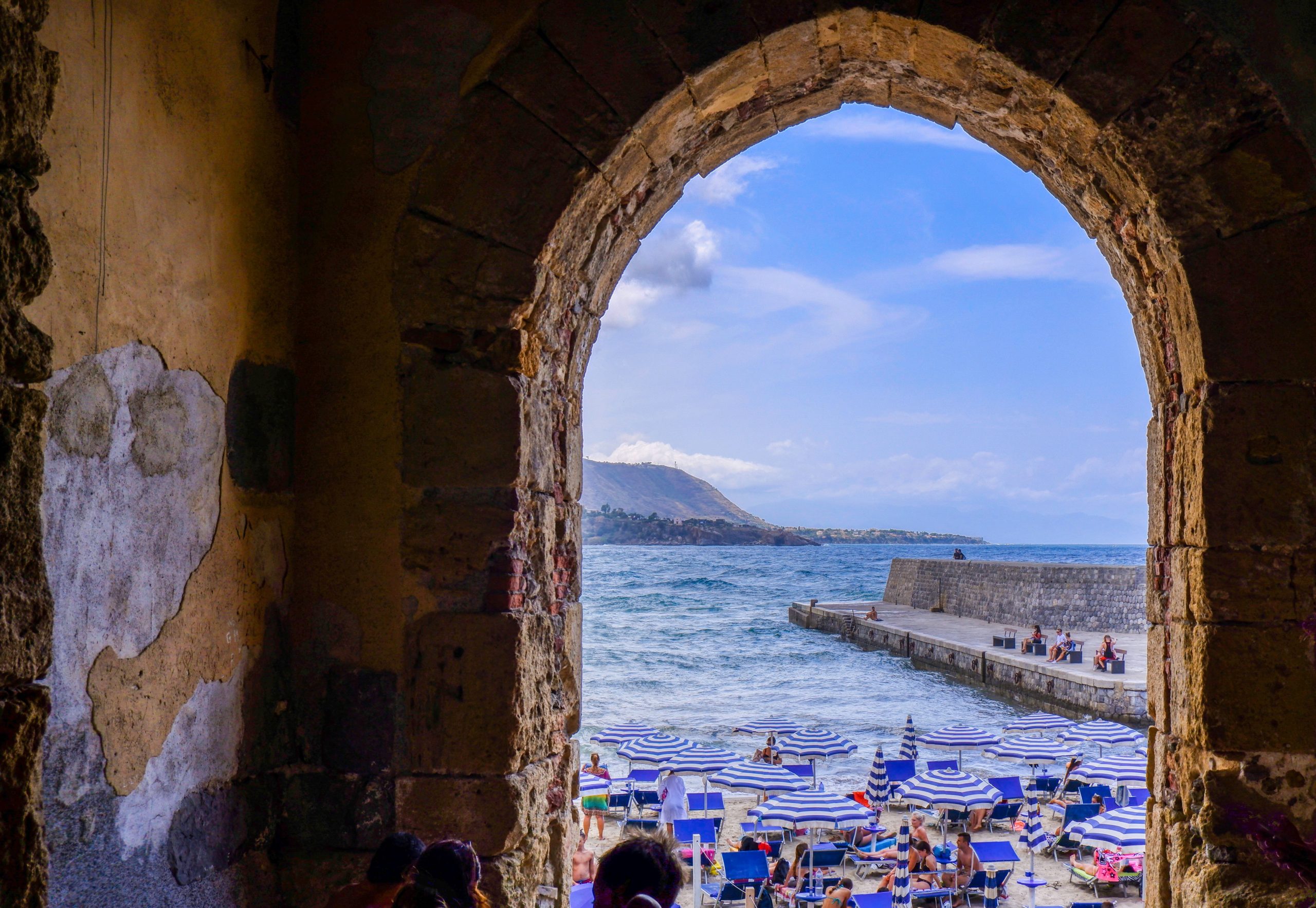One of the most important differences between English and Italian is the position of the adjective.
An adjective is a part of a sentence that is describing a person or a thing, like beautiful, small, big, smart, new, old, etc…
In English the adjective always precedes a noun! In fact you say…
- blond hair
- blue sky
- soft pillow
- dark chocolate
Unlike in English, In Italian, the adjectives generally follow the noun. In fact we say..
- i capelli biondi
- il cielo blu
- il cuscino soffice
- il cioccolato nero
In Italian, the general rule says that adjectives cannot be placed in any order before a noun. If you said il blu cielo, native speakers would be so perplexed that they wouldn’t be able to understand you.
However, this rule in a short number of cases doesn’t apply.
The adjective usually comes after the noun, but its position can vary depending on what we’re trying to say, i.e., whether we want the sentence to be more objective, neutral, or subjective.
We can limit this “exception” to a number of adjectives though.
In Italian, there’s a number of “flexible” adjectives that can be used not just after a noun, but also before. This is a small list, and the vast majority of adjectives in Italian will follow the general rule of going after a noun.
What makes this list special, is that the meaning of these adjectives varies depending on whether they’re placed before or after the noun.
Let’s take a closer look at this
When the adjective comes after the noun denotes the literal/objective meaning of the adjective.
- In the sentence “Il mio amico VECCHIO” my friend is old, aged. Vecchio is used in its literal and objective meaning.
But, when the same adjective comes BEFORE a noun denotes a figurative/subjective meaning of the adjective.
- In the sentence “Il mio VECCHIO amico” my friend is not old, but what I mean is that I’ve known him for a long time.
Let’s see this trend in other examples:
Adjective BEFORE the noun (figurative / subjective meaning)
| FIGURATIVE / SUBJECTIVE meaning | |
|---|---|
| il mio povero amico | my friend having a good time, I express sympathy for him. |
| un buon medico | a doctor who is good at his job |
| una nuova macchina | another car (an extra car) |
| un alto funzionario | a very important official |
| diversi amici | several friends |
| un grande politico | a great politician |

Test Your Italian
Not sure what your Italian level is? I’ve created a free online Italian test to help you determine it.Adjectives AFTER the noun (literal / objecetive meaning)
| LITERAL / OBJECTIVE meaning | |
|---|---|
| il mio amico povero | my friend who doesn’t have money |
| un medico buono | a doctor who is good-hearted |
| una macchina nuova | a car which is new |
| un funzionario alto | an official who is tall |
| amici diversi | friends who are very different from each other |
| un politico grande | a politician who is actually big |








